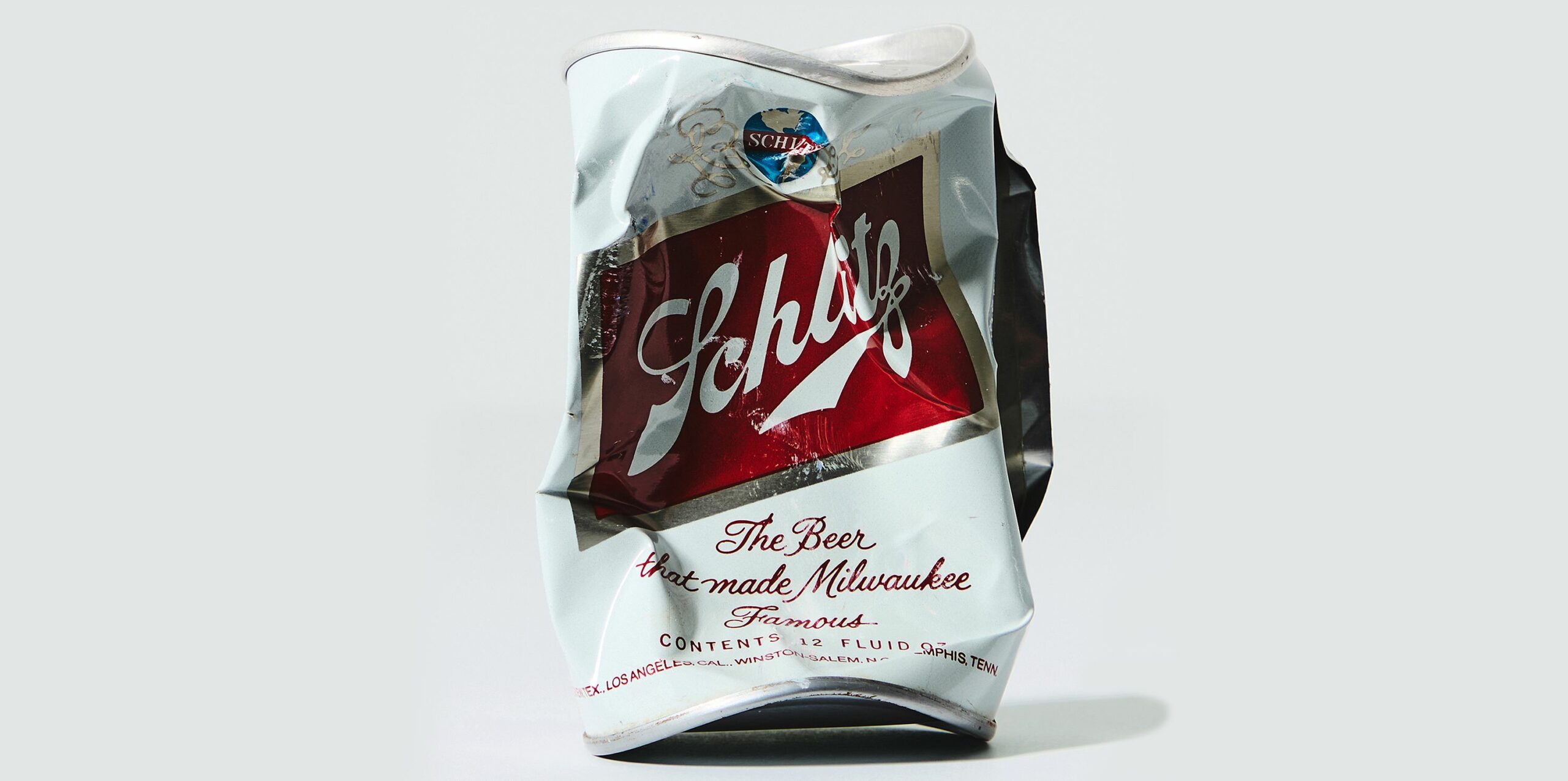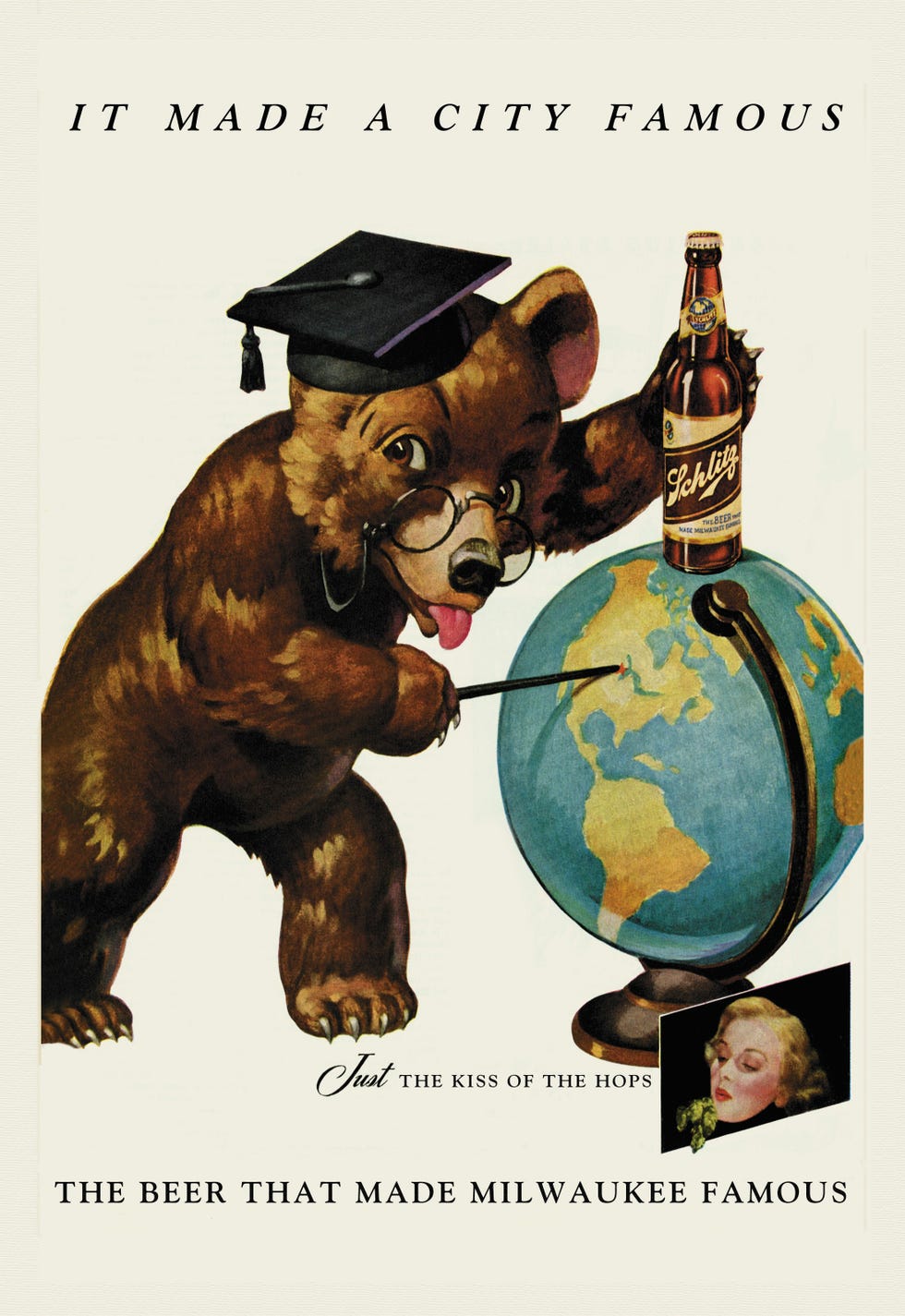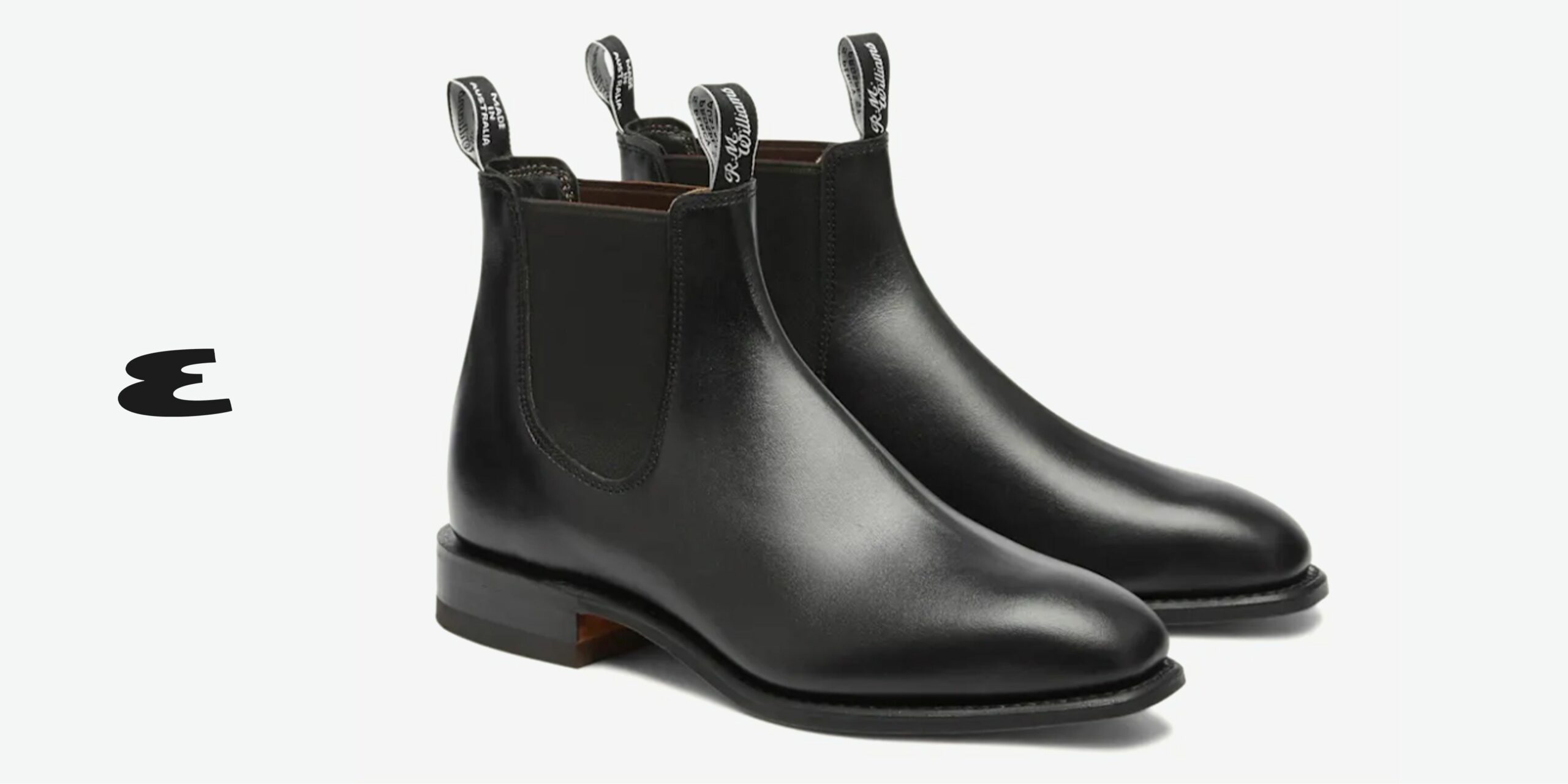One of the biggest plays? O’Hare Airport, the largest draft account in America at the time. Schlitz caught an incredible break. In 1976, a Budweiser strike left the airport dry, and Schlitz—just a quick hour’s drive north—seized the opening. Martin proudly recalled how they undercut Budweiser, using “marketing allowances” (read: questionable discounts) to lock in a deal. The SEC later accused Schlitz of making $265,000 in false-invoice cash payments to Carson, Pirie, Scott & Co., which ran O’Hare’s concessions. In Martin’s words, “We had to set up an arrangement where we gave [the wholesalers] a marketing allowance or some such thing. Things you make up so that you can give a discount, so that [the wholesaler] could handle it. But we got into O’Hare,” Martin said proudly, “and we had to make an adjustment to take care of it.”
Did Martin think anything was wrong with these maneuvers? In his autobiography, he dismissed the case as regulatory meddling, complaining that the ATF and state agencies were just catering to sore losers in the beer business. He mused, “the Bureau of Alcohol, Tobacco, and Firearms (BATF) and state regulatory agencies . . . were particularly susceptible to the complaining and whining of those brewers who managed to be on the losing end of switches in the concession business.”
Opening Pandora’s Drawer
In the spring of 1975, Stephen Kravit was a third-year Harvard Law student looking for an opportunity in his hometown. Thanks to a connection from his insurance-salesman father, the bespectacled twenty-five-year-old managed to score a job interview with Bill Mulligan, a U.S. attorney in Milwaukee. Mulligan’s office appeared more like a hastily packed suitcase than the base for a powerful prosecutor. Feeling out of place in a government building with eighteen-foot ceilings and dwarfed by stacks of paper piled several feet high around him, Kravit recalls talking about himself for twenty minutes while the gruff, much older Mulligan sat silently behind his desk. Somehow, Kravit got the job.
A few months later, the newly hired Kravit again found himself in front of the imposing Mulligan in his disorganized office. His new boss pointed to a particularly sloppy, leaning tower of documents and, as Kravit recalled, “Mulligan says, ‘That’s the Schlitz case. We started an investigation a month or so ago. And we took a bunch of grand jury testimony on a statute that no one’s ever really looked at criminally before. We don’t have anybody that has any time for that. It’s yours.’ ”
Kravit didn’t have a proper office yet. So he moved the five-foot pile of files to his workspace in the office library.
Instead of golden ale, when drinkers popped open a chilled can of Schlitz, they got hit with a hazy, thick, sludgy foam.
If the U.S. attorney wasn’t yet taking the investigation into Schlitz too seriously, neither was the brewer. Schlitz was so confident that the U.S. attorney’s office would come up empty, in fact, that in 1976 its lawyers invited Kravit to their headquarters in downtown Milwaukee. What’s more, he was given free rein to rifle through any documents he could get his hands on. The lawyers reasoned that their two-year document-retention policy—directing executives to destroy anything more than two years old—would render whatever Kravit might find materially insignificant. That proved to be a costly miscalculation.
Kravit arrived at the offices early one morning, where he was cordially greeted by secretaries but not executives. He recalls, “Brand managers and the people who are responsible for national sales and things like that would come in around 10:30 or 11:00. And then they were all supposed to go out for lunch around town and buy beer for everybody. So they were never there for lunch.” He adds: “And I would say a very large number of them were alcoholics.”
Reminiscent of a scene out of Billions, the baby-faced Kravit began poking his head into empty offices and ended up in one belonging to Abe Gustin. Gustin’s title was director of national sales service, but in practice he was Martin’s lieutenant.
“I go into his office,” says Kravit, “I sit down at his desk, and there’s just some current paperwork about sales. I casually open a drawer because I can look anywhere, right? I open the bottom right-hand drawer and there is a pile of letters.”
Remember, this was the 1970s—if you wanted to keep a copy of your correspondence, you did so with green, pink, or yellow carbon-copy paper. “Gustin and a number of the other guys were vain,” says Kravit. “They wanted to keep their correspondence because they were proud of it.”
In essence, this was the moment that precipitated the downfall of a century-old global powerhouse. Inside the walnut-mahogany drawer—and in clear violation of Schlitz’s document-retention policy—Kravit discovered notes and letters going back to the 1960s, detailing key aspects of Schlitz’s bribery activities. All the proof lies in the notes, and the young lawyer knows he’s got them. “It’s very good proof of what exactly they were doing, because they weren’t hiding it,” says Kravit.
Despite this bombshell finding by Kravit, Martin, in our interview, responded to the 1970s investigations and accusations with a sigh and an eye roll.
“Kickbacks was a term that somebody threw in there,” said Martin. “What they were really concerned with . . . was questionable marketing practices, which were the responsibility of those people in the marketing department.” And who was the head of that department? Bob Martin.
Tasteless Ads, Tasteless Brew
The problems at Schlitz weren’t all legal. Beginning in the early seventies, the brewer made a series of spectacularly disastrous decisions in an attempt to gain market share. The first of these blunders affected the quality of the beer itself. Believing that the best way to outgun its rivals was to speed up production, the company devised something it coined internally as Accelerated Batch Fermentation (ABF), a process that shortened the brewing time to as little as fifteen days, versus thirty-two days for Bud. The results were akin to a bad chemistry experiment—drinkers, instead of seeing a frothy golden brew when they popped open a chilled can of Schlitz, got hit with a thick, sludgy foam.













Post Comment